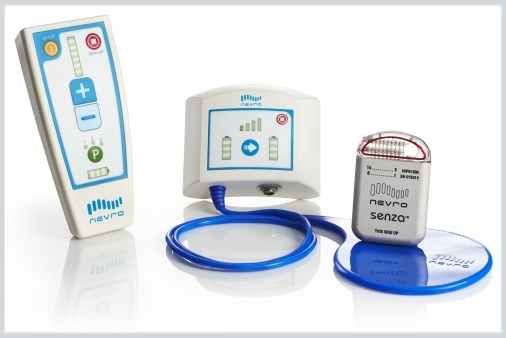A combined unsupervised and supervised machine learning (ML) technique can help predict long-term spinal cord stimulation (SCS) response for patients with chronic pain, according to a study published in the May issue of Neurosurgery.
Amir Hadanny, MD, from Albany Medical College in New York, and colleagues developed ML-based predictive models of long-term SCS response. A combined unsupervised (clustering) and supervised (classification) ML technique, which included 31 features, was applied to data for a prospectively collected cohort of 151 patients.
The researchers identified 2 distinct clusters, and patients in the 2 clusters differed significantly in age, duration of chronic pain, preoperative numeric rating scale, and preoperative pain catastrophizing scale scores. The highest overall performance was demonstrated in logistic predictive models with a nested cross-validation using the 10 most influential features, with an area under the curve of 0.757 and 0.708 for the 2 clusters.
“Our study resulted in the development of a model to predict which patients would benefit from spinal cord stimulation,” a coauthor said in a statement. “After we validate this work, our hope is that this machine-learning model can inform a clinical decision support tool to help physicians better choose which patients may be most appropriate.”
Several authors disclosed financial ties to the biopharmaceutical and medical device industries.






